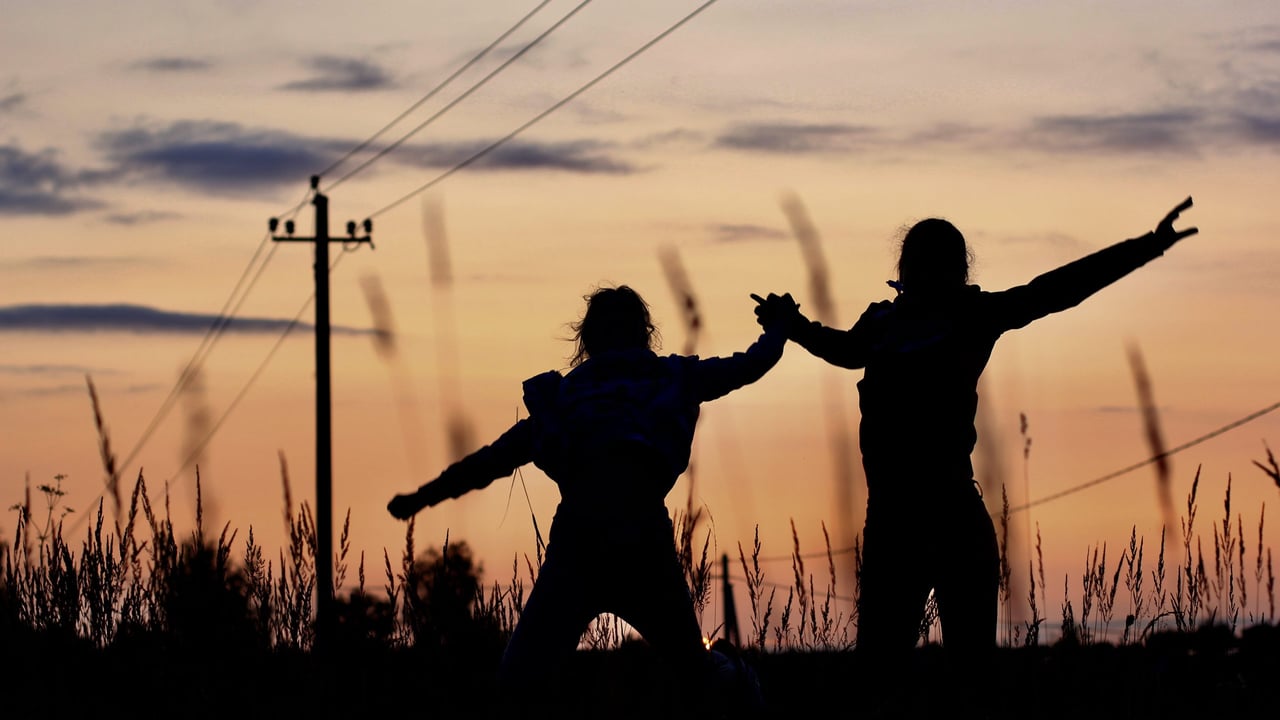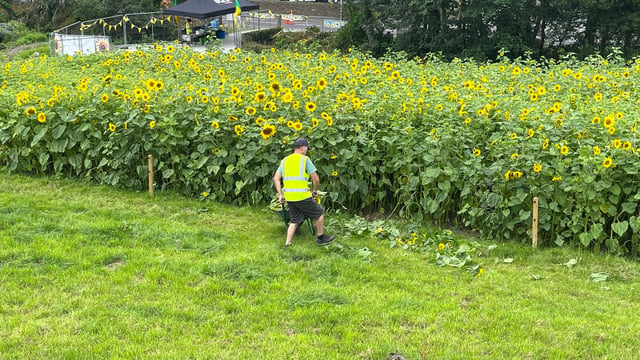Rural life: Where the reeks of hay were the stronghold of courting
Eighteen nights non-stop, rural dancing every night. A young man’s social footsteps in a time gone by. It was not New York, it was not London, and not the night clubs of Leeson Street in Dublin.
It all happened far west in rural Connemara – and he never stepped a foot beyond Maam Cross!
As the years dance on, it is difficult to envisage now - but such a man, and such a time, existed. Dances by the dozen in country halls, and what about the marquee?
They were across the countryside – the carnivals and the marquee. They were a sure sign of summer, and like that centuries-old Irish song 'Thugamar féin an samhradh linn' - we lived that summer and took it with us.
People met and fell in love, and fell out sometimes, in those big tents of romance. Sometimes the links were forever, sometimes no more than 18 nights.
And what happened to those years, and where did the marquee go?
A man from the Connemara hills, on a hot July night in Clifden recently, explained it all. It is, he said, entwined in the history of courting.
“Back far, the haggard – where the reeks of hay were – was once the stronghold of courting in rural Ireland; then there was a change and the car became the main venue for courting."
And then he stated, hitting every word like a sledgehammer landing on a rock of granite: “The world changed again"!
So where are we now?
“I’ll tell you” said the man from the hills as he gulped down his pint and drew his breath.
“That devil of a computer is where they are meeting now.
"Then many of them have apartments and that has replaced the car and the haggard. In jig time, the two are linked up, and living together in the apartment. There is no need for 14 nights dancing every drop of summer sweat out of your body."
It was a warm night as we talked. Wouldn't it remind you of the marquee nights?
“Ah”, lamented the wise man from the hills, “you will never see it again”.
He had gulped back the pint and called for another one before resting his head on his hand.
“I remember”, he said “the marquee in one place.
The field where it was put up was mowed early in the summer and the hay stacked in tram cocks by the mering wall.
"The marquee time came and the hay was well used that year; the cows ate every wisp of it, that winter.
"That’s it now for you, and that is how the marquee disappeared."
The fourth pint just landed and the man from the sky-high hills had hit the nail on the head.
And as we drove home, a golden moon ambled along a star-filled sky away above the Twelve Bens, like it was the time of the marquees.
But the story was not complete; there was some broken weather, and broken dreams too.
Just a few days previously, my friend Danny O'Flaherty was back from Texas leading a tour group of Americans.
He visited us at the Emigrants Centre in Carna, Connemara, which was once the local dance hall. Still full of 'devilment', Danny mesmerised the Americans with his stories.
He acted out how he once walked across the floor to the girls' side of the hall, but was refused a dance. Oh the shame of it, and he would have to return across the floor, a public ‘amadán’.
In desperation, he submitted a lengthy appeal to the young woman provoking her in the process. She took off her high heeled shoe and “stilettoed” him on the forehead.
With a blackened forehead and a head hung down, he stole back to safety, a weaker wiser man.
Sure, the weather was not always favourable, but in that great marquee of youth, there would be a golden sun tomorrow.
And the man from the hills said we took the summer with us.
“Thugamar féin an samhradh linn." It will never come again.





